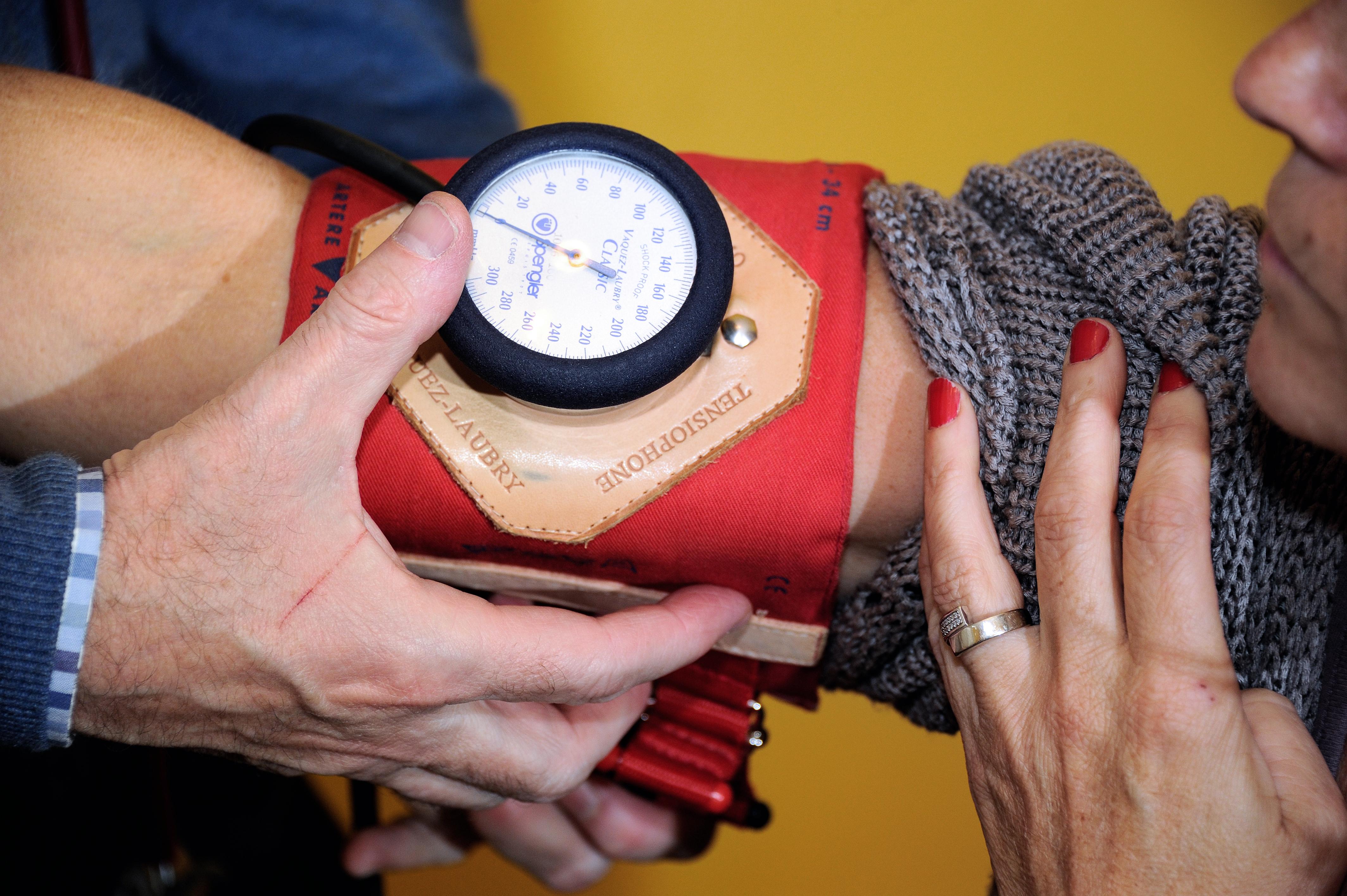As the Affordable Care Act continues to fitfully entrench itself in the American political landscape, the pressing issues in health care policy will increasingly switch from financing to supply-side. If we’re committed to paying for everyone to have access to health care, we need efficient ways of purchasing lots of health care services. There’s a lot that can be done here simply in terms of prices, but technological and organizational innovations should also be on the table. Anna Reisman did a great piece for Slate last week about growing evidence that nurse practitioners can do just as good a job as doctors for a range of health care needs at a lower cost. Most folks were probably too riveted to Boston Marathon bombing news when it came out to focus on it, but in the long run this is the more important story. You should check the map to see if your state is one of the ones that allows nurse practitioners to practice independently. It’s hard to predict from general ideological considerations. New York and California are in thrall to the doctors’ cartel, but so are Florida and Texas and virtually every Southern state.
This is an issue that I think will only increase in importance thanks to technology. An important study presented last week in Europe appears to show that mathematical models now exist that do better than doctors at predicting treatment outcomes and responses of lung cancer patients. That holds even if the doctor has a full opportunity to examine the patient, while the computer just has basic facts put into the system. Of course this is just one study and one form of cancer, but knowing what we know about digital technology, it seems safe to assume a large amount of progress in this kind of algorithmic diagnosis over the next five to 15 years.
There’s a lot of talk lately about the alleged decline of “middle skilled” occupations. But different categories of nursing ought to be a huge source of growth in this field. An aging country is going to demand more health care services. A country that’s politically committed to meeting the health care needs of the poor is going to demand more health care services. A wealthier society is going to demand more health care services. And with digital medical technology improving, there’s going to be a broader and broader range of health care services that a well-trained nurse can provide without needing the many extra years of expensive medical education required to churn out a doctor. But this bold new world of mid-skilled health care professionals harnessing the power of technology to treat patients is only going to come to pass if states alter their “scope of practice” rules to make it possible.
